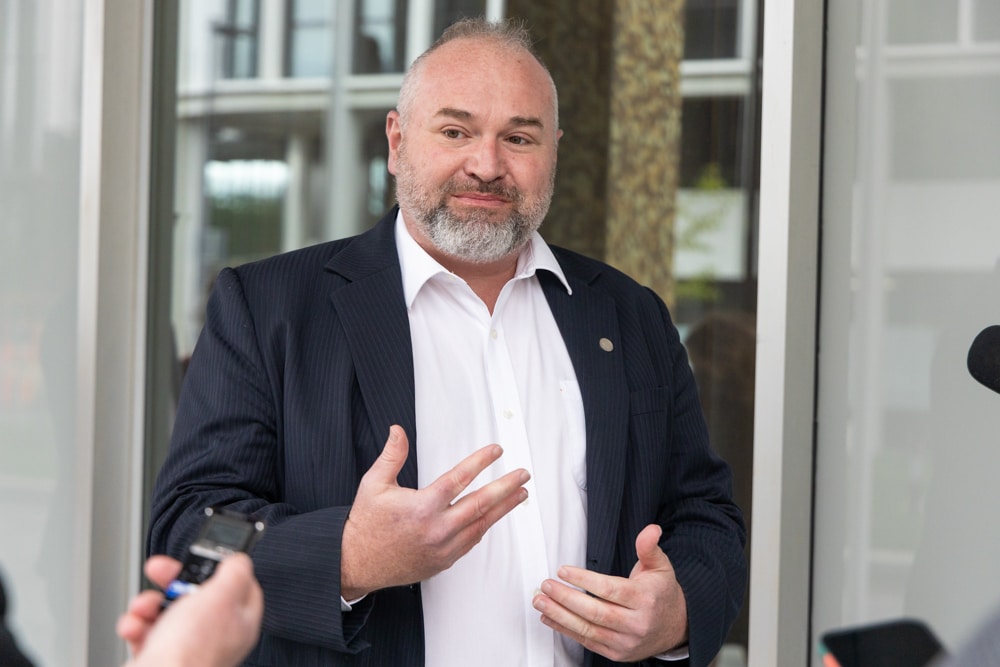“Addressing the harm must be part of celebrating harmony,” says Andrew Braddock, ACT Greens Spokesperson for Anti-Racism and Multicultural Affairs:
Today is the International Day for the Elimination of Racial Discrimination. It is a time to reflect on our actions as individuals and as a society, and take concrete steps to bring about racial justice.
In Australia, this day has been rebranded to Harmony Day, a “celebration that recognises our diversity and brings together Australians from all different backgrounds.”
“Multiculturalism and anti-racism are inextricably linked, to promote multiculturalism we must be actively anti-racist,” says Andrew Braddock, ACT Greens Spokesperson for Anti-Racism and Multicultural Affairs.
“Rebranding the day might make us feel positive and comfortable, but does not actively encourage conversations about racism.
“Anti-racism is defined as policies, behaviours, and beliefs that are opposed to or intended to prevent racism. It’s about going beyond cultural celebrations and looking at the systemic and institutional causes of inequality, as well as the social.
In line with this, Braddock has changed his Spokesperson title to Anti-Racism and Multiculturalism and called on the ACT Government to implement a range of strategies within the ACT Public Service to better prevent, monitor and respond to racial harassment and discrimination.
“These include ensuring ACTPS staff are provided with best practice anti-racism training, and that Directorates demonstrate compliance with their obligations under the Multiculturalism Act.
“I am also calling on the ACT Government to actively promote the United Nations International Day for the Elimination of Racial Discrimination, parallel to the promotion of Harmony Day.
The ACT Children and Young People’s Commissioner has released a report documenting the extent of racism in public life and the effects this has had on children.
The report calls on adults in the ACT to talk more to children and young people about racism in Canberra, and to do more when children and young people report racism.
“The report is the culmination of a year-long consultation with children and young people and demonstrates very clearly that racism is a current and chronic issue for our community,” says Jodie Griffiths-Cook, Children and Young People Commissioner.
A staggering 92 per cent of First Nations children and young people reported experiencing racism, versus 42 per cent of their non-Indigenous counterparts. We must also note the unique experience of Australian colonisation and how this manifests in the racism these children experience.
“It’s time for an honest reckoning; to call out racism, hold it to account, and eradicate it,” said Mr Braddock.



